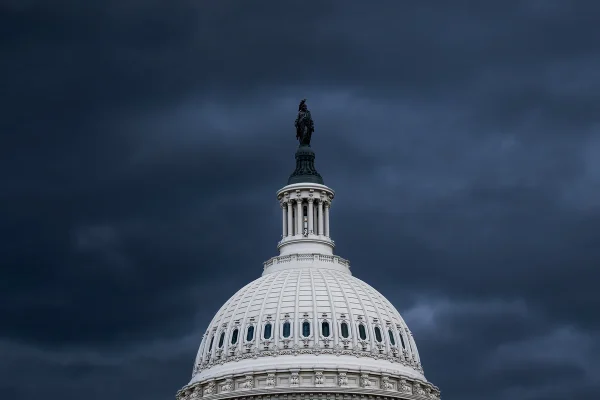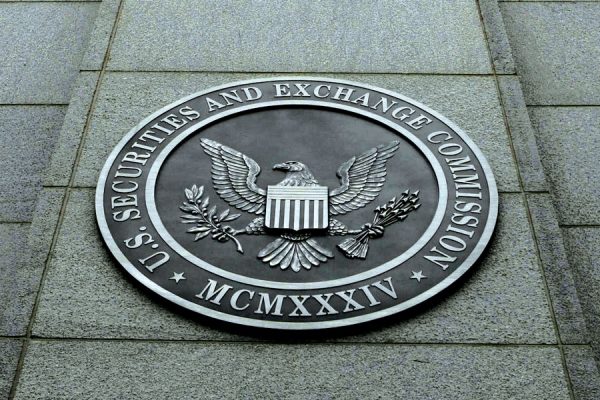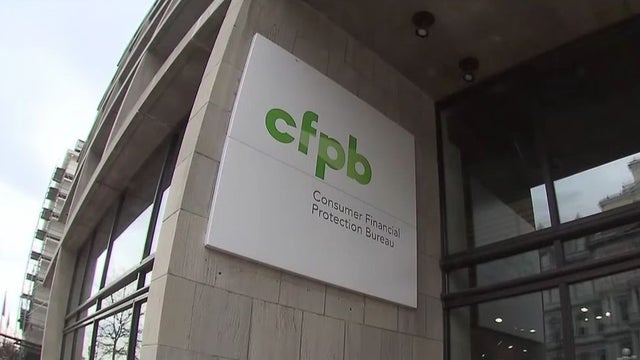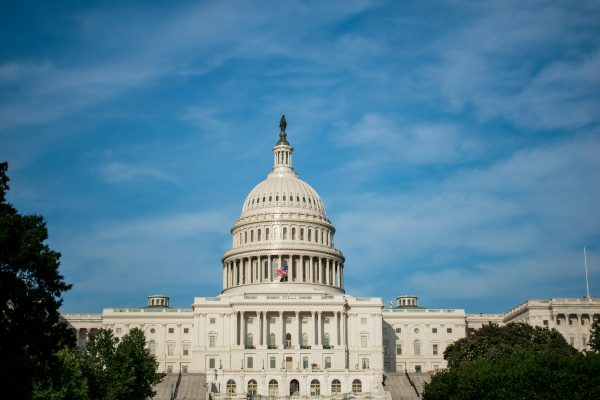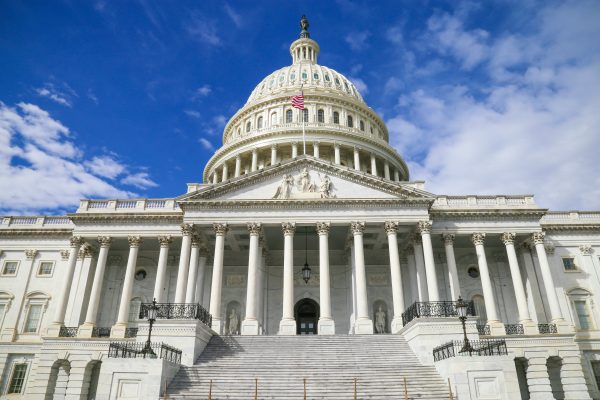News Release: Big, Brutal Bill Slashes Critical Programs, Rolls Back Safeguards, Rewards Ultra-Rich and Wall Street
The giveaways to private equity firms subsidize predatory and extractive practices that harm workers, families, and communities. At the same time, the big, brutal bill dismantles critical agencies like the Consumer Financial Protection Bureau, making people more vulnerable to scams, rip-offs, and junk fees.

